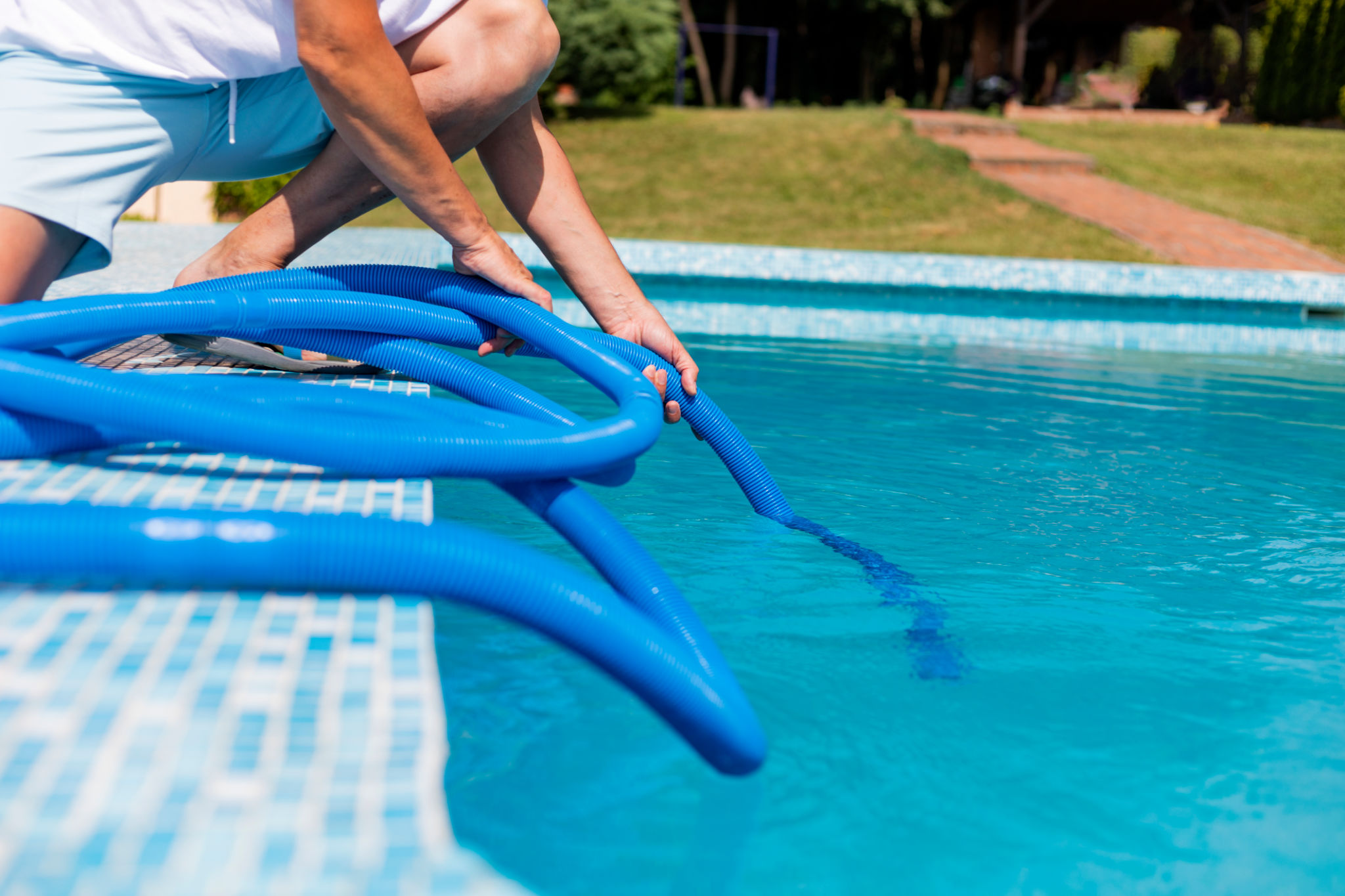DIY Pool Pump Troubleshooting: Common Problems and Solutions
Understanding Your Pool Pump
Your pool pump is the heart of your pool’s circulation system, ensuring that water flows through the filter, heater, and other equipment to keep your pool clean and safe. However, like any mechanical device, it can encounter problems. Understanding these common issues and knowing how to troubleshoot them can save you time and money.

Pump Won't Start
One of the most common issues pool owners face is a pump that simply won't start. If you find yourself in this situation, first check the power supply. Ensure that the pump is plugged in and that the circuit breaker hasn't tripped. If the power supply is intact, inspect the pump's wiring for any signs of damage. Sometimes, a simple reset of the breaker or tightening of loose wires can solve the problem.
If the pump still doesn't start, the issue might be with the motor itself. In this case, it might be best to consult a professional, as motor repairs can be complex and require specialized tools.
Low Water Flow
Another common problem is low water flow. This can be caused by several factors, such as clogged filters, air leaks in the suction line, or a dirty impeller. Start by checking and cleaning the filter. A clogged filter can significantly reduce water flow, so ensure it is clean and free of debris.

If the filter is clean, inspect the pump's suction line for air leaks. Air can enter the system through loose fittings or cracks in the pipes, disrupting the water flow. Tighten any loose fittings and replace damaged pipes to restore proper flow.
Pump is Making Unusual Noises
If your pool pump is making unusual noises, it could be a sign of cavitation, which occurs when there is a restriction in water flow. This can happen if the pump is drawing in air or if there is a blockage in the system. Check for any visible obstructions and ensure that the pump is fully primed.
Noises can also be due to worn-out bearings or other mechanical issues within the motor. If you suspect this is the case, it might be time to replace the bearings or consult a professional for further diagnosis.

Pump is Leaking
Leaks are a common issue and can occur at various points in the pump system. Start by inspecting the pump housing and seal plate for any visible cracks or damage. If you find any, these parts will need to be replaced to stop the leak.
Another potential source of leaks is the pump's O-rings and gaskets. Over time, these can wear out and lose their ability to seal properly. Replacing worn or damaged O-rings can often resolve the issue.
Regular Maintenance Tips
To prevent these common issues, regular maintenance is key. Ensure that you clean the pool filter regularly, check for leaks, and inspect the pump and motor for any signs of wear or damage. Additionally, keeping the water chemistry balanced can help prolong the life of your pool pump.
By staying on top of maintenance and addressing issues as they arise, you can ensure that your pool pump operates efficiently and keeps your pool in top condition.